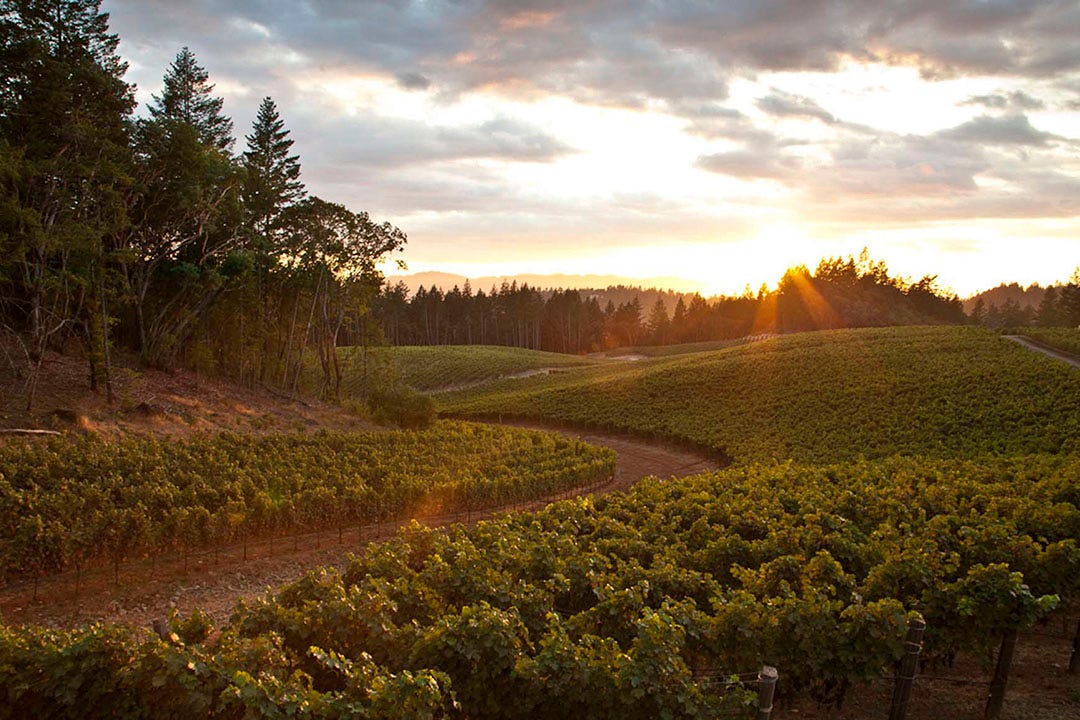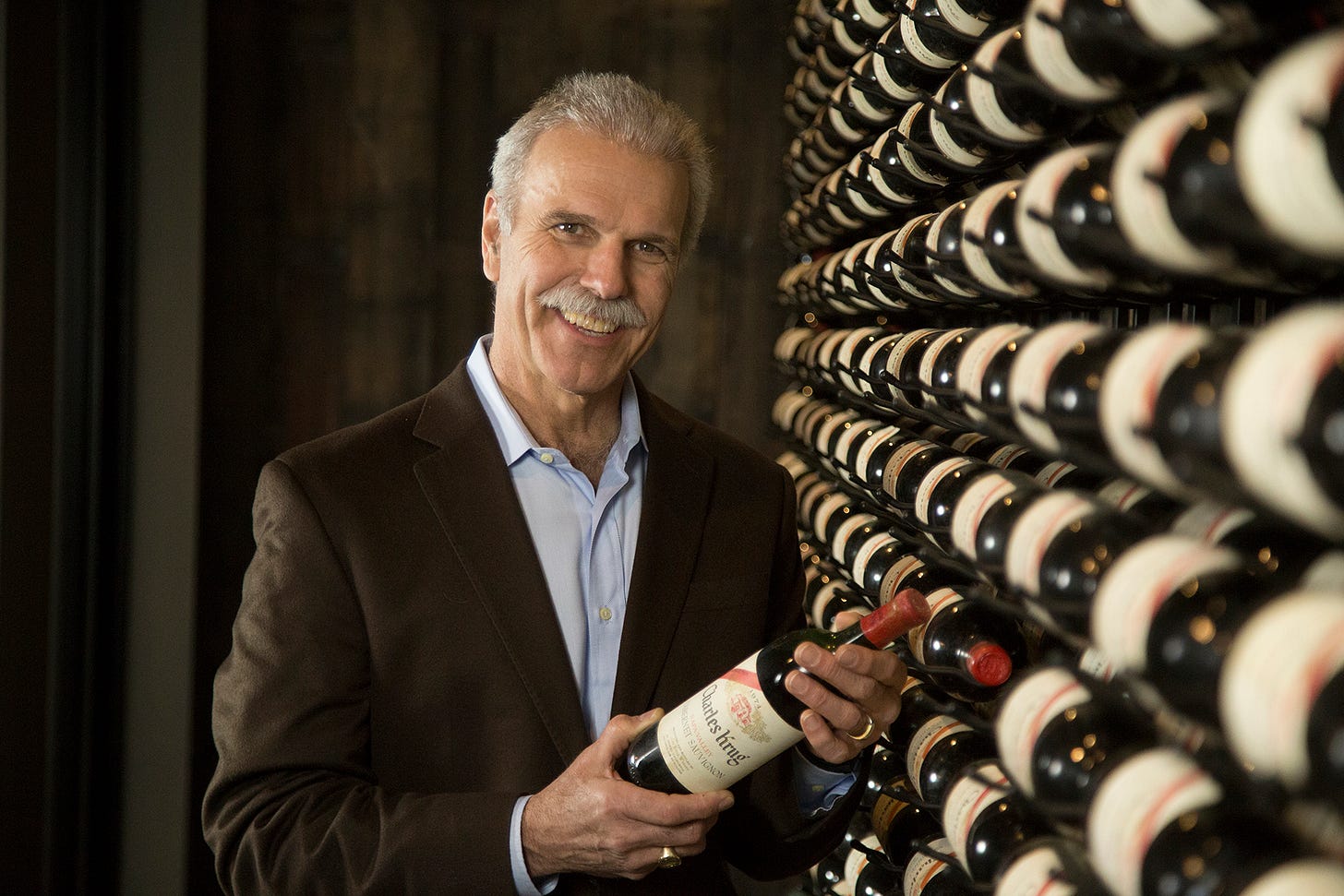No Gatekeepers in Napa
Peter Mondavi Jr. champions an open, experimental future for California winemaking, where discovery trumps designation.
Peter Mondavi Jr. is not interested in there being a gatekeeper of Napa Valley vineyards.
The co-proprietor of venerable Napa Valley winery Charles Krug is fond of the innovative nature of the California wine industry. The American Dream rooted in soil, manifested by sunlight and timely rain is open to anyone with a vineyard or access to grapes.
So, when faced with the question; does California have First Growth Vineyards - sites so legendary, steeped in history and capable of making outstanding wines year in and year out - Mondavi offered an opinion that embraced potential.
In France there are five First Growth estates according to the 1855 classification. In California, there is no such system.
“It’s a very complex topic,” he said when reached by phone on Tuesday. “If you go by Bordeaux’s traditional definition, it’s very dated, very static. It’s from the mid 1800s. It doesn’t allow for recognition of other vineyard sites to come in that might have been originally overlooked and might have improved in quality because of new owners taking a different view who made the most of a vineyard that was hidden or masked.”
When his father, the late Peter Mondavi Sr. studied wine at UC Berkeley - the preeminent enology school in the 1930s - he brought innovative practices to Napa Valley; cold fermentation and cold-sterile fermentation.
Keep reading with a 7-day free trial
Subscribe to The One Minute Wine Guy to keep reading this post and get 7 days of free access to the full post archives.






